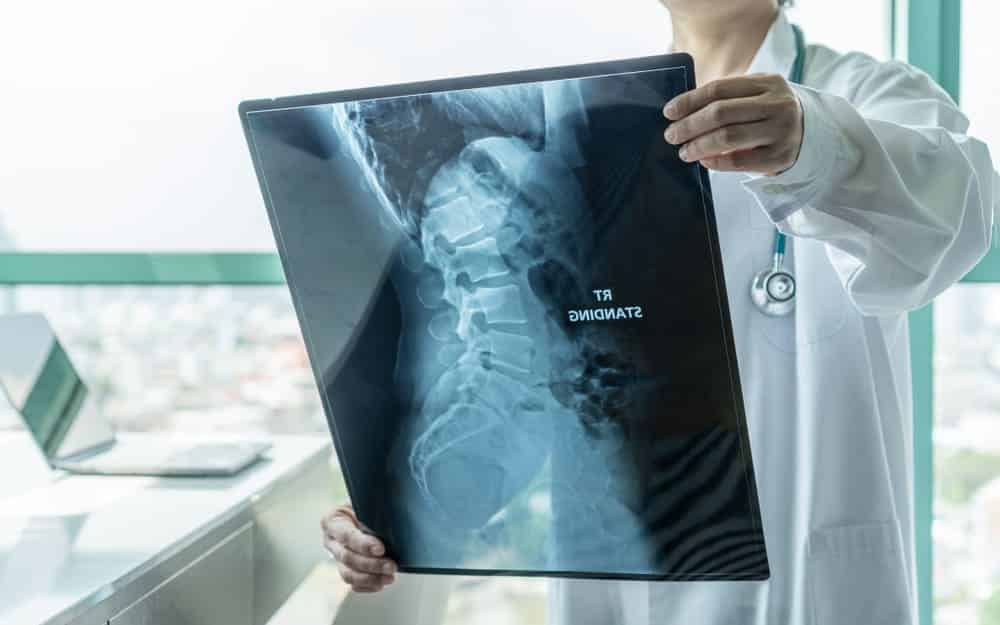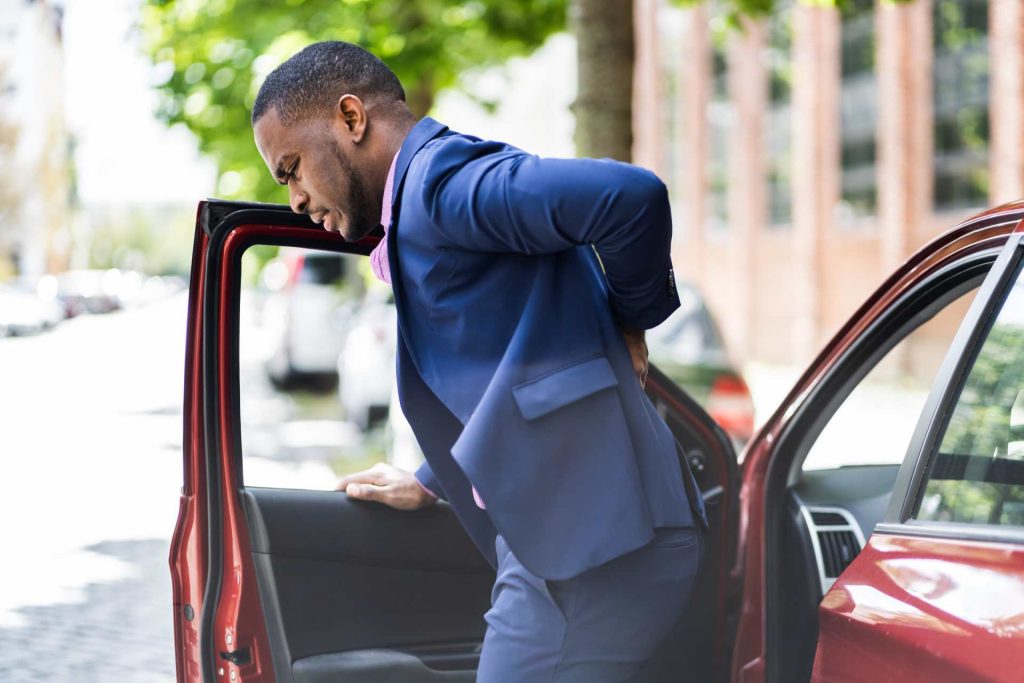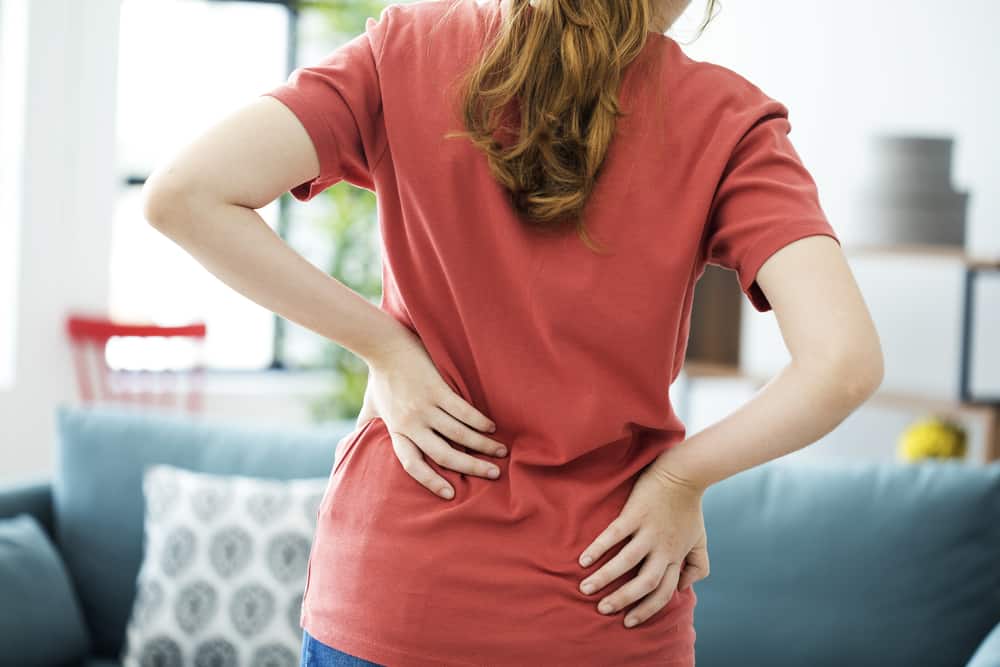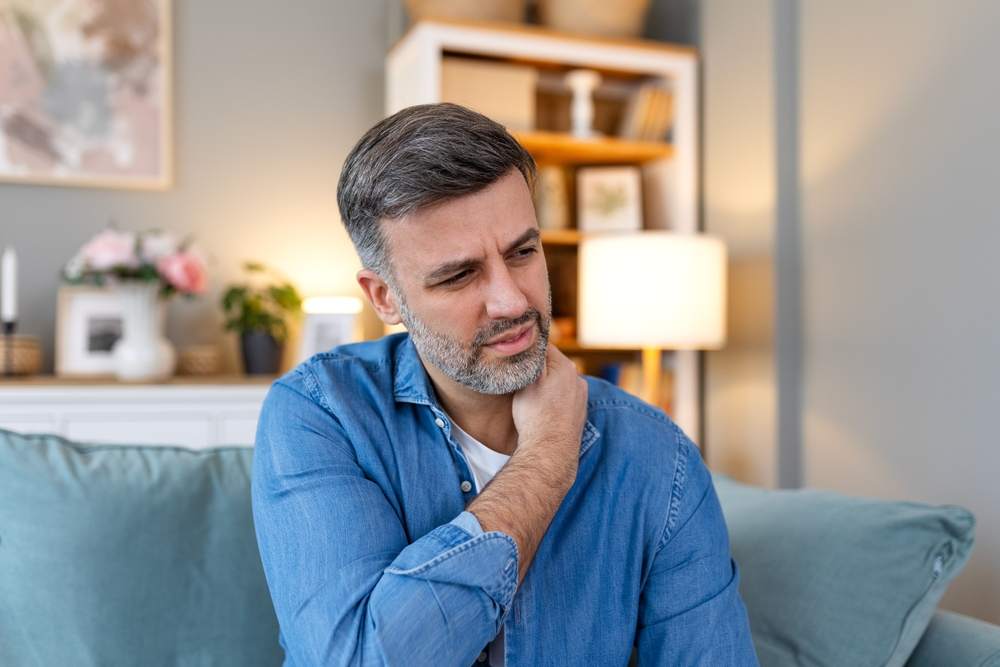Neck pain and lower back pain are two common reasons why people set up an appointment with their doctor. Some types of pain may be temporary and can be treated and resolved with at-home remedies, while other types of pain may require more intervention for lasting relief. Spinal stenosis is a condition that affects the spine and can lead to pain, commonly in the neck or lower back. Depending on where the spinal stenosis occurs and the severity, treatment options can range from chiropractic care to spinal stenosis surgery. When caught early, chiropractic treatment for spinal stenosis is a safe and effective treatment option that can help you experience long-lasting pain relief.
Understanding Spinal Stenosis
The spinal cord is comprised of a column of vertebrae that are smaller in size at the neck and lower back. Spinal stenosis is a condition that is more common in smaller spaces in the spine, like the neck and lower back, and refers to an issue where the space in the spine becomes too narrow. As this area narrows, it can damage nearby nerves, causing pain and other neurological symptoms by putting pressure on these nerve roots. The nerves and soft tissues surrounding the bones and spine can become damaged and affected by spinal stenosis, affecting your daily functions like balance, sensations, and even motor skills.
Common Causes of Spinal Stenosis
The most common reason why you might start to experience spinal stenosis is aging. Bones in the spine can begin to thicken with time and age, which reduces the amount of space in the spinal column and compresses nearby nerves. Health conditions can also cause spinal stenosis, like osteoarthritis. This type of arthritis is degenerative and occurs with general wear and tear as you age. The cartilage that supports the vertebrae joints starts to break down and can even cause bone spurs to develop. Other health conditions that may cause spinal stenosis include scoliosis and rheumatoid arthritis. Spinal injuries like a herniated disc can also cause spinal stenosis to develop.
Signs and Symptoms of Spinal Stenosis
Signs and symptoms of spinal stenosis tend to appear gradually and get worse over time. As the nerves get more and more compressed by the lack of space in the spinal column, it can cause pain, tingling, weakness, and even numbness. Spinal stenosis that occurs in the neck can lead to weakness in the arms, while spinal stenosis in the lower back can cause leg weakness and numbness. If you have spinal stenosis in the lower back, you may also notice increased pain while standing or walking around and even develop issues with balance.
Diagnosing Spinal Stenosis
A spinal stenosis chiropractor can diagnose your condition with a physical exam, discussion of your symptoms, and observation. Your chiropractor may want to observe certain movements, like moving from standing to sitting or walking. Diagnostic imaging tools can also help to diagnose spinal stenosis in the spine or neck. An X-ray or CT scan can provide your chiropractor with highly detailed images of your spine and clearly identify where the spinal column has narrowed. An electromyogram can test the functioning of nerves in your spine, while a bone scan can help detect any growths or damage in your spine.
Chiropractic Treatment for Spinal Stenosis
When you visit a chiropractor for spinal stenosis, you can expect an all-natural and effective treatment process to address your immediate symptoms while also making a long-term plan for symptom relief. Your chiropractor will want to identify any misalignments in your spine that may be contributing to the decrease of space along the spinal column. Gentle chiropractic adjustments can help resolve misalignments and restore healthy functioning of the spine and nerves. If you develop any swelling in your spine due to spinal stenosis, your chiropractor can use non-invasive techniques to help resolve your swelling and promote healing and pain relief in the area. Chiropractors use treatment techniques like spine adjustments, therapeutic massage, ultrasound therapy, and more to help reduce your pain and numbness. If your spinal stenosis is severe, your chiropractor may also recommend you consider more aggressive treatment options.
Visit AICA Orthopedics for exceptional spine care! You’ll meet with a team of spine doctors, including chiropractors and surgeons, who can assess how spinal stenosis is affecting you.





